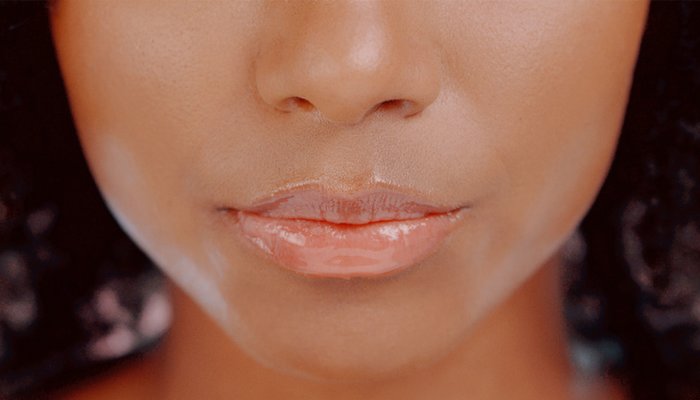Lip Plumping Ingredients To Avoid & What To Use Instead

Peppermint essential oil, phenol, and camphor are three other extracts that cause a reaction (although this one is a cooling, tingling sensation). These cause mild irritations in the area, which causes an inflammatory response. Hence, the swell.
As you can probably imagine, keeping skin in a constant state of inflammation and irritation isn’t good for long-term health. Chronic inflammation—even the micro, invisible kind—will slowly start to age the skin, break down collagen, and deplete the skin barrier. This will ultimately lead to lips that aren’t as plump and hydrated naturally. Essentially: Your lip plumping habit could mean lips that are more deflated with time.
That’s not to say you have to swear off lip plumpers. There are many high-quality formulas and ingredients that can help add volume to the area while also supporting lip health. For example, hyaluronic acid can attract and hold up to 1,000 times its weight in water, which helps parched lips instantly rise with moisture (think of how you might run a dry sponge under water and watch it fill up with hydration).
mindbodygreen’s lip balm uses sodium hyaluronate for our formula, which has a lower molecular weight and can penetrate even deeper into the skin. Then, to keep the water sealed in, it contains castor jelly, moringa seed oil, and shea butter.
The best part of this lip balm is that with regular use your lips will look more hydrated and fuller with time—so instead of damaging the skin in the process, this strengthens and nurtures the area.